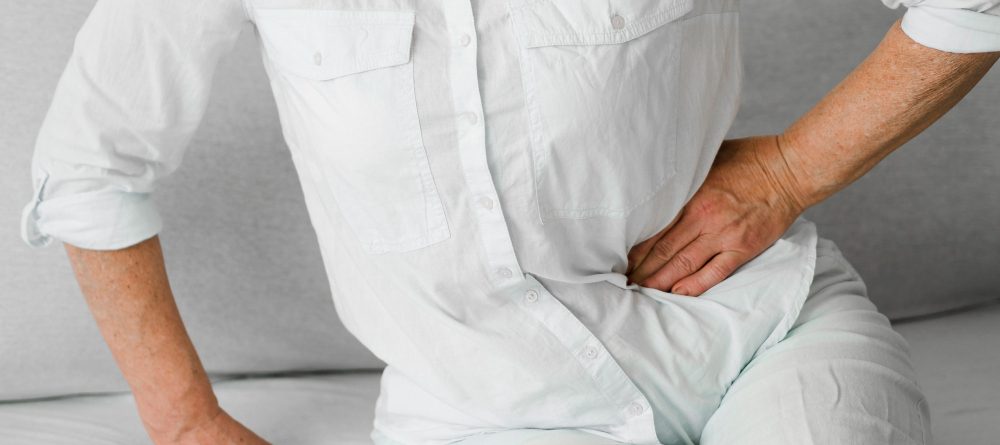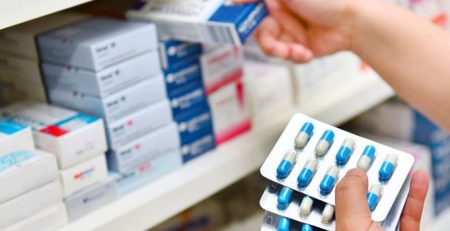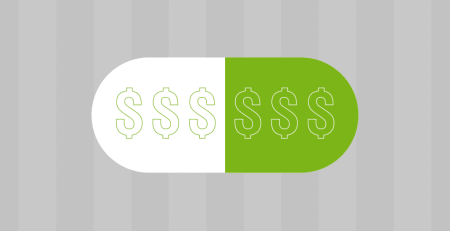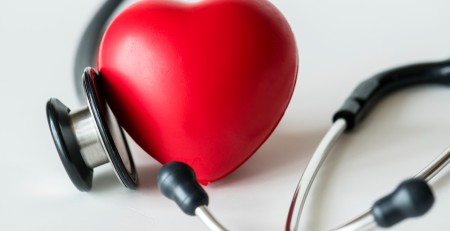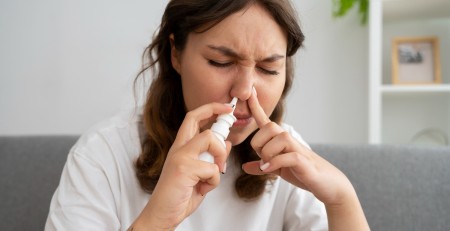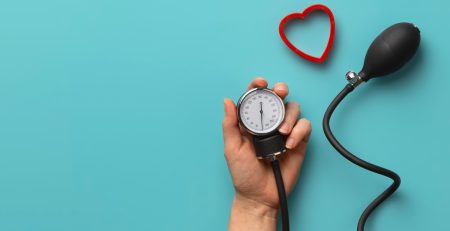Distinguishing Kidney Pain from Back Pain
Distinguishing between kidney pain and back pain can be tricky because both can manifest as discomfort in the back region. However, each type of pain has distinct causes, locations, and associated symptoms. Knowing the difference is crucial, especially when it comes to recognizing kidney stones, which can lead to intense pain. We explore how to differentiate between kidney pain and back pain by examining their causes, symptoms, and treatment, with special attention to kidney stones.
How to Differentiate Kidney Pain from Back Pain
Kidney Pain
- Location: Kidney pain is typically located below the rib cage, on either side of the spine, or in the flanks. It can also radiate to the lower abdomen or groin.
- Sensation: It often feels like a deep, sharp, or severe pain, sometimes in waves (common with kidney stones).
Associated Symptoms:
- Pain is constant and unaffected by body movements or changes in posture.
- Pain may be accompanied by nausea, vomiting, or fever.
- There may be blood in the urine or abnormal changes in urination (painful or frequent urination).
Back Pain
- Location: Back pain usually occurs in the lower back (lumbar region), middle back, or sometimes the upper back.
- Sensation: The pain can vary from dull and persistent to sharp and stabbing. It may worsen with movement and improve with rest or position changes.
Associated Symptoms:
- Muscle stiffness, soreness, and reduced range of motion.
- Pain may radiate down the legs (e.g., sciatica) and feel better or worse with movement.
- No urinary symptoms are usually present.
Common Causes of Kidney Pain and Back Pain
Causes of Kidney Pain
- Kidney Stones: Hard deposits made of minerals and salts that form in the kidneys. Stones obstruct the urinary tract, causing excruciating pain.
- Kidney Infections (Pyelonephritis): Bacterial infections in the kidneys lead to inflammation and pain, usually accompanied by fever, chills, and urinary symptoms.
- Polycystic Kidney Disease (PKD): An inherited condition where fluid-filled cysts develop in the kidneys, causing pain and eventual kidney function decline.
- Kidney Trauma: Physical injury to the kidney area due to accidents or falls, resulting in sudden, sharp pain.
Causes of Back Pain
- Muscle Strain: Overuse, heavy lifting, or awkward movements can overstretch or tear back muscles, leading to pain and stiffness.
- Herniated Disc: A bulging or ruptured disc between the vertebrae presses on surrounding nerves, causing pain, often radiating to the legs.
- Sciatica: Compression of the sciatic nerve results in sharp, radiating pain from the lower back through the hips and legs.
- Arthritis or Osteoarthritis: Degenerative changes in the spine’s joints and discs can lead to chronic back pain and reduced mobility.
- Spinal Stenosis: A narrowing of the spaces within the spine, causing pressure on the nerves and leading to pain.
Spotlight on Kidney Stones
Kidney stones are one of the most common and painful causes of kidney pain. Here’s what you need to know:
What Are Kidney Stones?
Kidney stones are solid masses made of crystals that form inside the kidneys. They result from the accumulation of mineral and salt deposits that stick together in the urine. These stones can vary in size, and while smaller stones may pass without much trouble, larger stones can block the urinary tract and cause severe pain.
Symptoms of Kidney Stones
- Sudden, severe pain in the side and back, just below the ribs.
- Pain that radiates to the lower abdomen, groin, or sides.
- Pain that comes in waves and fluctuates in intensity.
- Blood in the urine (pink, red, or brown discoloration).
- Frequent and painful urination.
- Nausea and vomiting, especially if the pain is intense.
- Fever and chills, which may indicate an accompanying infection.
Causes of Kidney Stones
- Dehydration: Insufficient water intake leads to concentrated urine, which increases the risk of stone formation.
- Diet: High intake of sodium, sugar, and oxalate-rich foods like spinach and nuts can contribute to the development of stones.
- Underlying Medical Conditions: Gout, recurrent urinary tract infections, and hyperparathyroidism are known to increase the likelihood of kidney stones.
- Genetics: Family history plays a significant role in the likelihood of developing kidney stones.
Treatment of Kidney Stones
- Small Stones: These can often pass naturally with plenty of water and pain management (over-the-counter pain relievers).
- Larger Stones: Medical intervention may be required, including shock wave lithotripsy (breaking stones with sound waves), ureteroscopy (removal via a scope), or surgery for more severe cases.
Prevention of Kidney Stones
- Stay hydrated by drinking plenty of water throughout the day.
- Reduce intake of foods high in oxalates, sodium, and protein.
- Consider medications to reduce stone formation if recommended by a healthcare provider.
When to Seek Medical Attention
For Kidney Pain
Seek medical attention if:
- The pain is severe, persistent, or comes in waves.
- You experience blood in the urine, nausea, vomiting, fever, or chills.
- You have a history of kidney stones or are concerned about kidney infection.
For Back Pain
Seek medical attention if:
- The pain is severe and doesn’t improve with rest or home care.
- The pain radiates down your legs or is accompanied by numbness or weakness.
- You have unexplained weight loss, fever, or signs of a serious condition like a herniated disc or spinal stenosis.
Though kidney pain and back pain can appear similar at first, their differences in location, symptoms, and causes are significant. Kidney pain, often related to conditions like kidney stones or infections, tends to be deeper and more severe, often accompanied by urinary symptoms. Back pain, on the other hand, is usually caused by musculoskeletal problems and may vary with movement. Understanding these differences can help you take the necessary steps to manage your symptoms effectively and seek the appropriate treatment when needed.

